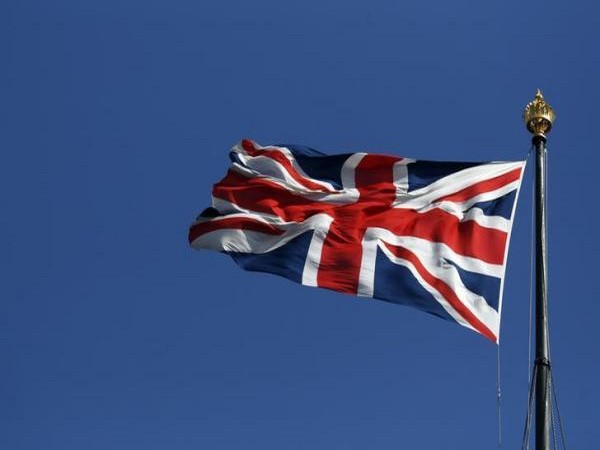EXPLAINER-Why is Britain joining a trans-Pacific trade pact?
CPTPP is a free trade agreement (FTA) that was agreed in 2018 between 11 countries - Australia, Brunei, Canada, Chile, Japan, Malaysia, Mexico, New Zealand, Peru, Singapore and Vietnam. Britain will become the 12th member, and the first to join since the partnership since its inception.

- Country:
- United Kingdom
Britain on Friday agreed to join the Comprehensive and Progressive Agreement for Trans-Pacific Partnership (CPTPP), a trade pact based around the Pacific rim, as it seeks to build ties around the world after leaving the European Union. Here are some details of the agreement as Britain seeks post-Brexit trade wins in geographically distant but faster growing economies.
WHAT IS CPTPP? CPTPP is a free trade agreement (FTA) that was agreed in 2018 between 11 countries - Australia, Brunei, Canada, Chile, Japan, Malaysia, Mexico, New Zealand, Peru, Singapore and Vietnam.
Britain will become the 12th member, and the first to join since the partnership since its inception. Prime Minister Rishi Sunak's office said that CPTPP countries will have a combined GDP of 11 trillion pounds ($13.6 trillion) once Britain joins, or 15% of global GDP.
It does not have a single market for goods or services, and so regulatory harmonisation is not required, unlike the European Union, whose trading orbit Britain left at the end of 2020. HOW MUCH DOES BRITAIN TRADE WITH CPTPP?
Britain says that exports to CPTPP countries were worth 60.5 billion pounds in the twelve months to end-Sept. 2022. Membership of the grouping will add another 1.8 billion pounds each year in the long run, and possibly more if other countries join.
But in an impact assessment of the deal when negotiations started in 2021, Britain said the agreement is estimated to deliver an increase of just 0.08% to GDP over the long term. David Henig, Director, the UK Trade Policy Project, said that only Malaysia and Brunei weren't covered by existing FTAs, and they only account for 0.33% of UK trade.
"Early analysis of CPTPP operations suggested that it was making little difference to trade flows," he said, adding it did little for Britain's service sectors but imports from countries like Vietnam would grow over time. RULES OF ORIGIN BENEFITS
Sam Lowe, Partner at Flint Global said that exporters could benefit from CPTPP membership even when trading with countries where there is a bilateral FTA. To benefit from preferential tariffs, exporters must demonstrate a product as a sufficient proportion of "locally" sourced parts.
Rules of origin under rolled-over post-Brexit free trade agreements with Japan, Mexico and Canada, for instance, allow exporters to count EU inputs as "local". However, under CPTPP, inputs from CPTPP members can usually be considered local, giving exporters another option if it is beneficial.
"The practical benefit for UK exporters here is optionality," Lowe said. SECTORAL IMPACT
Britain has agreed a quota on beef imports, but did not agree to lower food standards, under which hormone-treated beef is banned. Tariffs on palm oil from Malaysia will be liberalised, and Britain also agreed tariff reductions on bananas, rice and crab sticks following requests from Peru, Vietnam and Singapore respectively.
Britain highlighted that 99% of exports to CPTPP would be eligible for zero tariffs, including for on cheese, cars, chocolate, machinery, gin and whisky. The phased elimination of Malaysia's 165% tariff on whisky was welcomed by Mark Kent, Chief Executive of the Scottish Whisky Association, who added that "the UK's accession to CPTPP will open up new opportunities for Scotch Whisky and other UK products in key markets in the region."
GEOPOLITICAL FACTORS While the long-term benefit for Britain's economy is set to be modest, Britain has other reasons for joining the bloc.
Minako Morita-Jaeger, a policy research fellow at the UK Trade Policy Observatory, said Britain's accession was a "big geopolitical strategy gain with a small economic gain." China has applied to join CPTPP, and Morita-Jaeger cited Britain's pivot towards the Indo-Pacific, where it has highlight China as an "epoch-defining challenge."
"The CPTPP could enable the UK to enhance strategic ties with like-minded countries to protect a free and open Indo-Pacific region," Morita-Jaeger said. ($1 = 0.8083 pounds)
(This story has not been edited by Devdiscourse staff and is auto-generated from a syndicated feed.)










